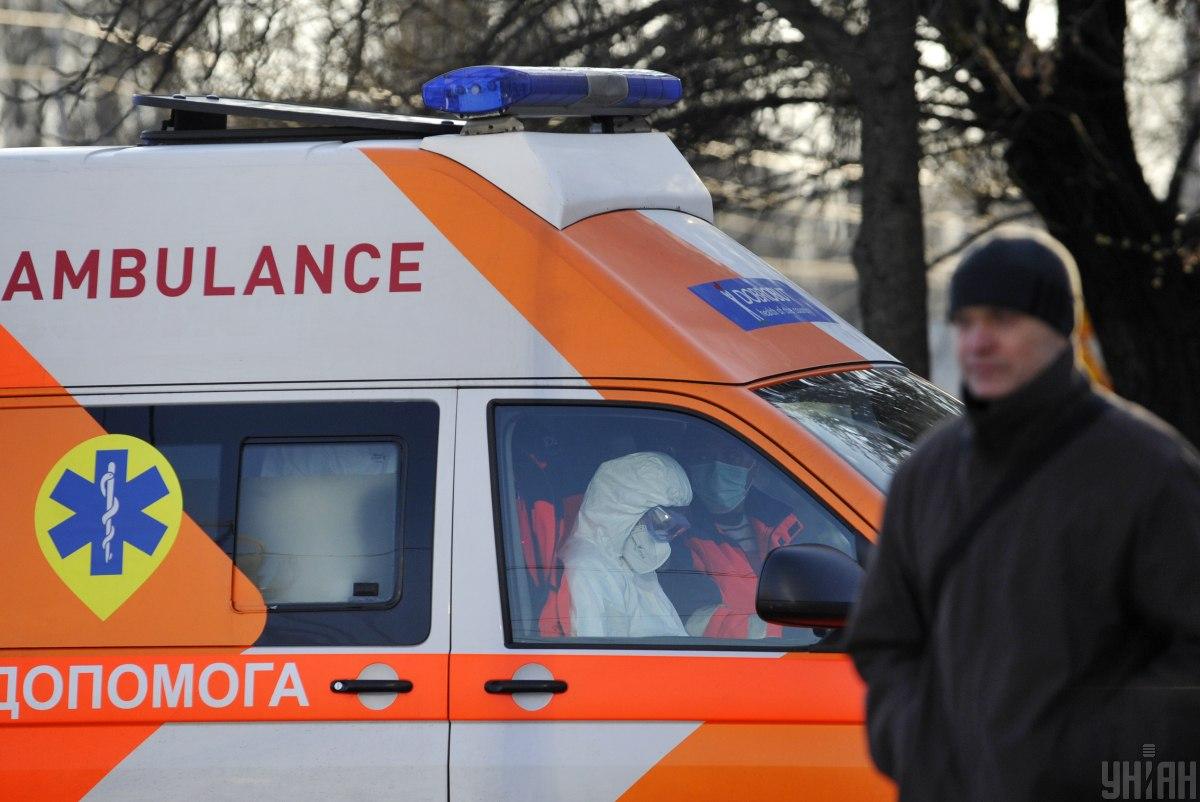
Week's balance: Cabinet extends quarantine, hryvnia stops sliding, and pace of industrial output decline slows down
To reduce the pace of coronavirus spread, the government introduced an emergency situation regime, extended the national quarantine for three weeks, and supported subsidies for vulnerable citizens; the banks received more cash currency, and the hryvnia slightly strengthened after several weeks of decline; while the decline in industrial output slowed down – these are the main economic developments of the outgoing week.
The government has introduced more stringent restrictive quarantine measures this week amid the rise in confirmed coronavirus cases across the country. In order to slow down the spread of the disease, the Cabinet at its meeting on Wednesday moved to introduce an emergency situation regime throughout Ukraine for 30 days (whereas previously such regime was in effect only in several regions) and extend the quarantine, introduced two weeks earlier, for another three weeks – until April 24.
In addition, the Cabinet of Ministers allocated about UAH 40 million from the reserve fund to finance measures aimed at tackling coronavirus in Ukraine and established the budget of the Stabilization Fund at about UAH 200 billion, which should help the state overcome the crisis without shocks.
"We are creating a national stabilization fund, worth nearly UAH 200 billion. This will be sufficient to provide pensioners, those who today will need help due to losing jobs or finding none. Indeed, today we actually put the country on a halt, we stopped transportation, interregional communication, and stopped most of the small and medium-sized businesses. The state must support these people and this business, and the government has resources to this end," said Prime Minister Denys Shmyhal.
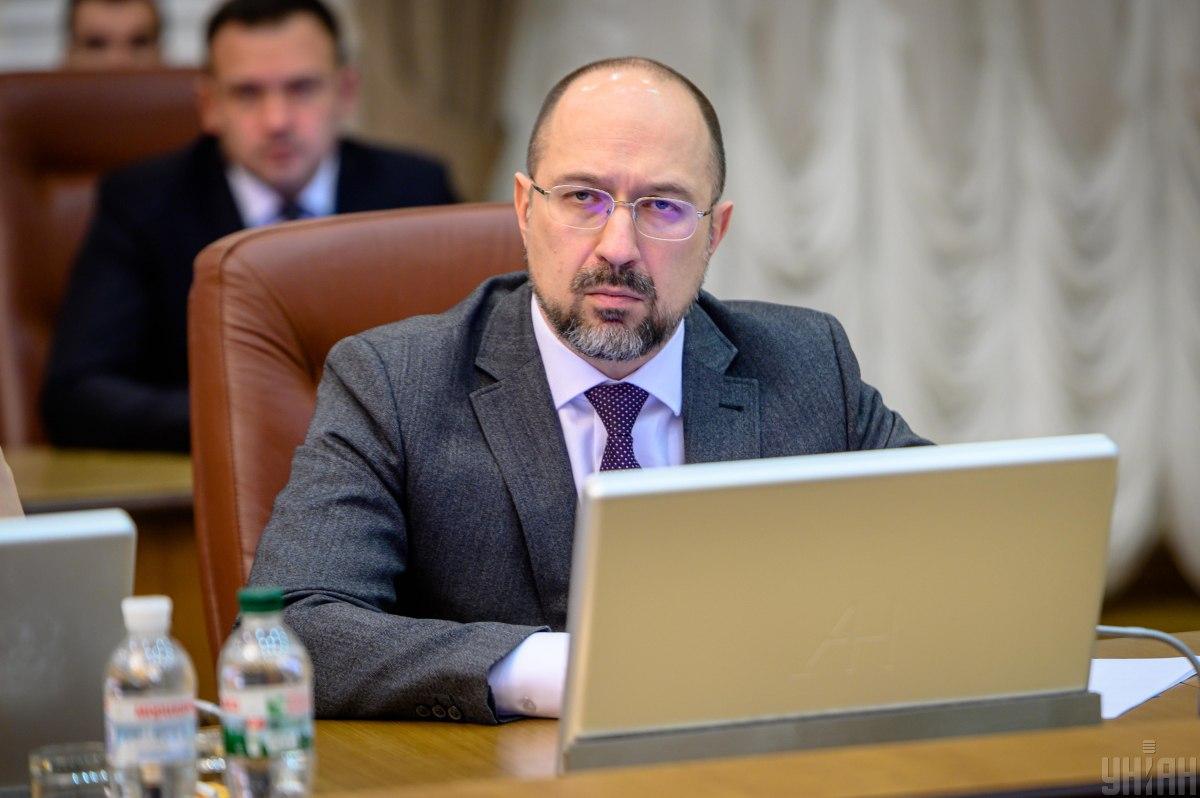
Also, he stressed that Ukraine is now in a better situation than during the global financial crisis of 2008-2009. Nevertheless, this gives the Cabinet no reason to relax. The head of government announced his intention to revise the 2020 state budget to effectively fight off the epidemic.
In particular, the Cabinet of Ministers proposed that the Verkhovna Rada cut state budget revenues by UAH 115 billion and boost spending by UAH 96 billion.
Revenues are planned to be reduced by cutting education and sports development programs, those on support for agricultural producers and national cinematography, as well as subsidies and road construction.
The government proposes to increase borrowing to cover the higher budget deficit, and in this regard, it relies on a positive decision of the International Monetary Fund on the new assistance package, which has been discussed for the past several months.
The chances of getting the support from Ukraine's key donor remain very high, but a number of steps still need to be made. On Friday night, IMF Managing Director Kristalina Georgieva made a statement on the progress in discussions with the Ukrainian authorities on the new assistance program, noting that in order to receive it, laws should be adopted on improving the system for resolving banking issues, as well as on land reform.
Today it's about the possible allocation to Ukraine of $8 billion by July 2020, while previously the amount of support offered stood at $5.5 billion.
The NBU expects that the IMF will launch aid for Ukraine as soon as possible as one of the bills required for the assistance to be allocated – on the functioning of the banking system – has already been submitted to the Verkhovna Rada.
"The IMF program will pave the way for co-financing from the European Commission and the World Bank. Under the 'umbrella' of international organizations, Ukraine will be able to survive this difficult period with the least losses," the NBU emphasized.
Understanding the importance of attracting additional funding in the context of the impending economic crisis and the threat of the coronavirus epidemic in Ukraine, President Volodymyr Zelensky urged the deputies to convene an extraordinary meeting and vote on important legislative initiatives, including those required to unlock continued cooperation with the Fund.
Government's helping hand
In order to enhance social protection of the most vulnerable segments of the population during this difficult period and to encourage Ukrainians to observe quarantine, the Cabinet decided this week to increase the amount of utility subsidies for the period of restrictions imposed. On average, such assistance will amount to UAH 300 and will cover three million households. The implementation of this initiative will require an additional UAH 1.1 billion. It is assumed that subsidies for the next period will be assigned automatically, without citizens needing to appeal to social services.
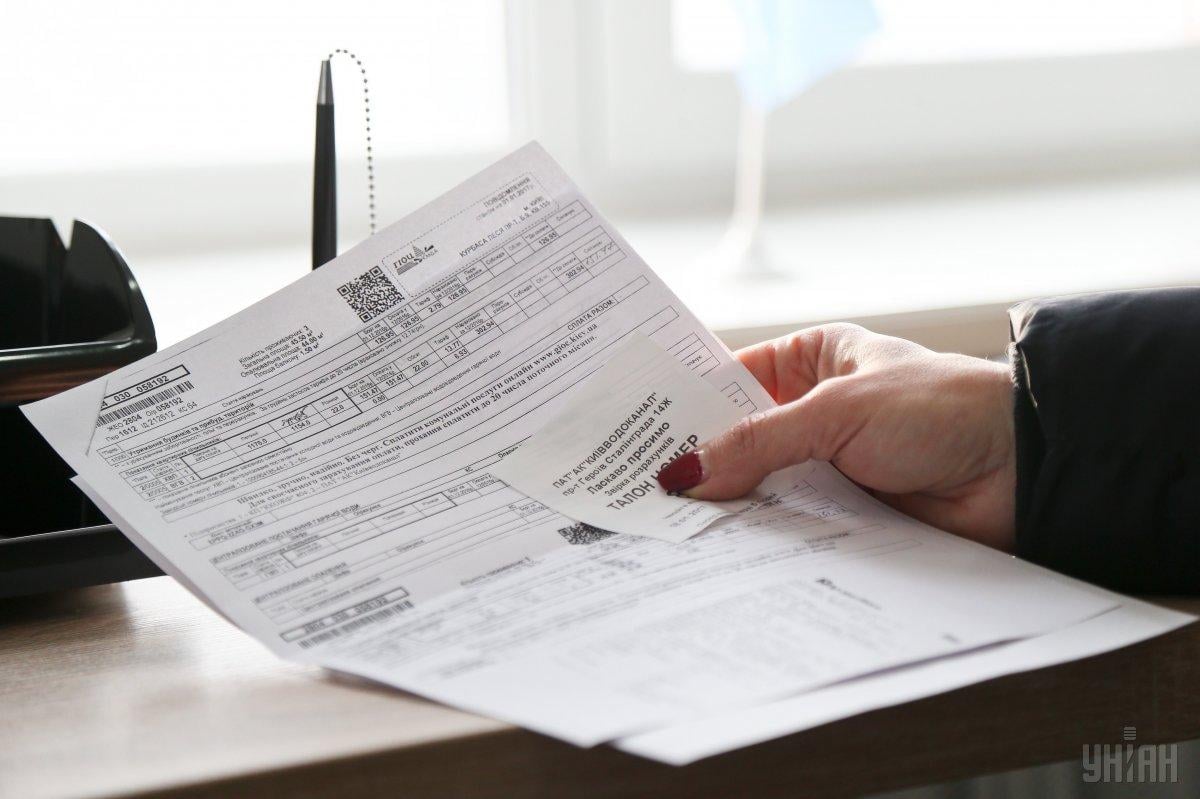
Another mechanism for minimizing expenses on utility services, adopted in the past week, is the cheapening of gas for households, which, unlike the previous decision, will cover more of them. According to the government, gas price for households and heating companies in March will be 14% lower, amounting to UAH 3,400 per 1,000 cubic meters. This was due to the fact that the wholesale price of gas, which the government and Naftogaz provided for households and heat producers in March 2020, is lower than last month. This allowed regional sales companies to reduce tariffs by 9-13% against February.
Another important piece of news in the outgoing week was the long-awaited revision of pensions. Minister of Social Policy Maryna Lazebna said that pensioners receiving under UAH 5,000 will receive in April a one-time payment of UAH 1,000. There are more than ten million such pensioners in the country.
Besides, the minister promised pension indexations by 11% in May, which will cover seven million recipients. Besides, the government intends to introduce – also in May – surcharges of UAH 500 to pensions for one and a half million pensioners who have reached 80 years of age.
Forex market stabilization
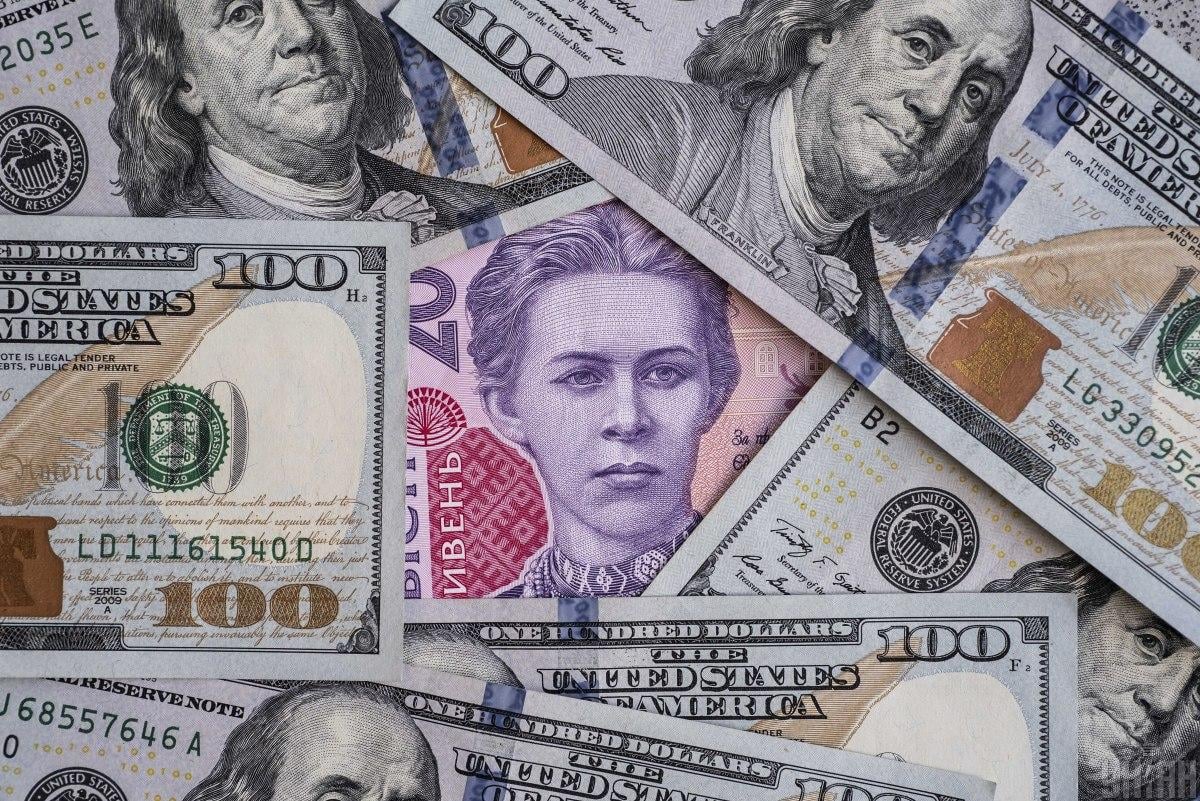
The outgoing week saw stabilization on the country's foreign exchange market. An unprecedented two-week hype in Ukrainian banks and exchange booths regarding the purchase of foreign currency on coronavirus panic and the introduction of strict restrictive measures finally subsided.
A number of factors contributed to this. Firstly, the NBU received a batch of cash foreign currency from abroad and sold $130 million to systemically important banks, which had earlier stopped sales due to logistic issues amid air travel suspension.
Secondly, Ukrainians sold more foreign currency than they bought, which significantly reduced pressure on the hryvnia. If in the first weeks of the hype, the NBU was selling $100-300 million daily from its reserves to smooth out excessive fluctuations, then in the past week interventions decreased by several times, and on Tuesday-Wednesday demand and supply were in balance without the regulator's participation.
The NBU stated that at present the situation in the foreign exchange market of Ukraine has stabilized, but, if necessary, the regulator is ready to further support the market through the sale of foreign currency. According to the NBU, the current volume of international reserves stands at about $25 billion.
"There is a trend towards the return of the market to early March, when Ukrainians bought about the same amount of currency to their accounts as they sold," the NBU Expert Platform noted.
It is obvious that hryvnia's position has strengthened, but it remains precarious in a wider perspective. By the end of the outgoing week, the demand for foreign currency again exceeded supply, and the exchange rate grew. As a result, on Friday, the hryvnia at the official exchange rate slid by 4 kopiykas down to UAH 28.18 to the dollar, on the interbank forex market – to UAH 28.05/28.10, and at exchange booths in Kyiv - to UAH 28.60.
On Monday, March 30, the National Bank plans to hold another auction to sell cash currency to banks in the amount of up to $180 million, which should add calm to the market.
Slowdown in industrial production decline and unemployment growth
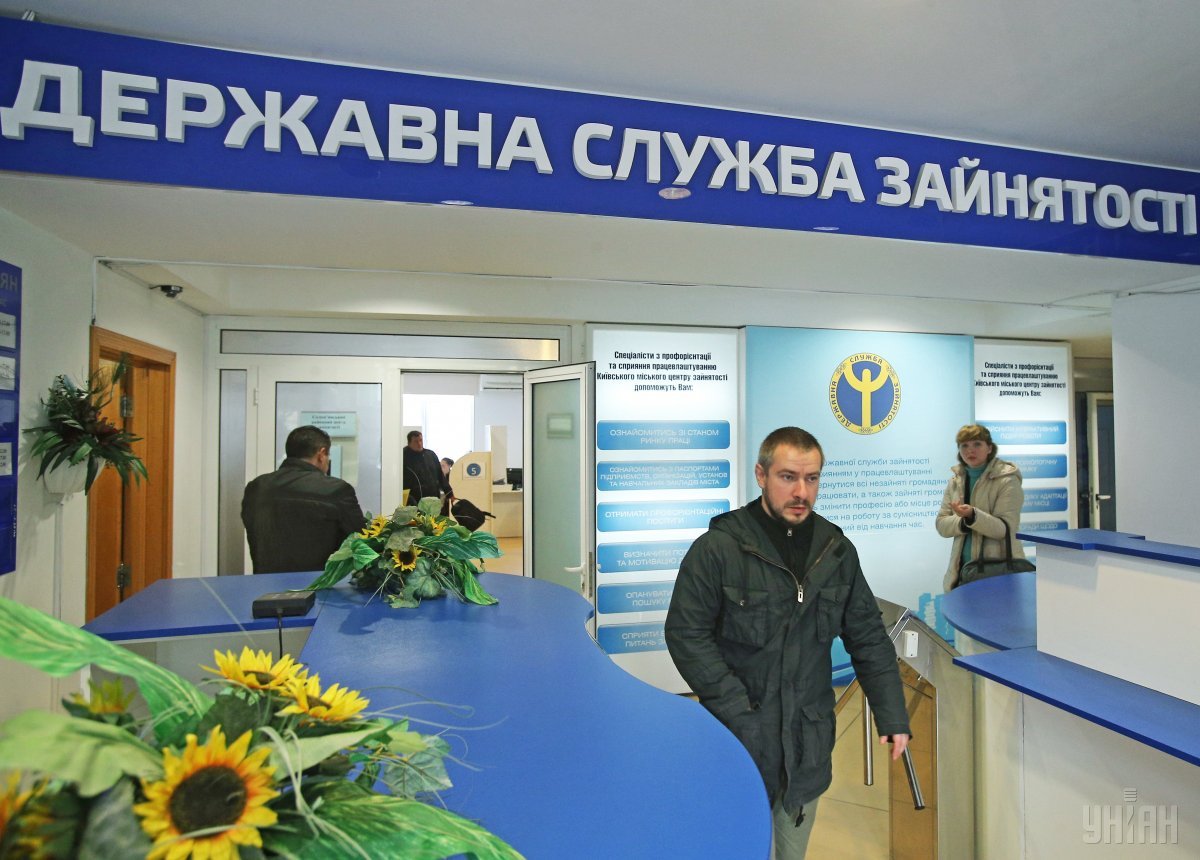
In the outgoing week, the State Statistics Service reported on February performance of Ukraine's industry, which has recently been going through hard times. The agency recorded a decline in industrial production to 1.5% in annual terms after it fell 5.1% in January.
It is worth noting that the decline began last year, and will obviously prevail as many enterprises halted or suspended operations due to quarantine. Stats say the largest decline in annual terms was recorded in the extraction of coal and brown coal (15.3%), engineering (13.2%), and production of computers, electronic and optical products (13%). Growth in annual terms was recorded in the chemical industry (22.5%), production of wood products, paper, and print (12.7%), and production of food, beverages and tobacco (6.6%).
In addition to the industrial output data, the State Statistics Service delivered the news on unemployment that rose in Ukraine in the fourth quarter of last year. The rate for this period increased to 8.7% from 7.3% registered in the third quarter of 2019, which in absolute terms is 1.6 million people. This negative trend will further worsen this year, as hundreds of thousands of Ukrainians, labor migrants who have lost their jobs abroad, returned to the country amid global quarantine.
The trend is confirmed by the research of the hh.ua/grc HR portal, according to which the number of job seekers has increased by almost 60% since quarantine start. So far, the government cannot offer those who earlier sought jobs abroad any kind of labor prospects.
Experts are unanimous in their opinion – the government's priority should be to maintain employment as the only source of income for the majority of the population, since Ukraine is unable to stimulate the economy with trillion-dollar injections like the U.S. or the EU.
The next week, unfortunately, doesn't look promising, either. Quarantine measures, destructive for businesses, will continue, while the number of coronavirus case will jump sharply following the arrival of a batch of new tests.
Ukraine's Parliament is expected to convene for an extraordinary meeting to adopt a number of laws important for saving the economy and allowing citizens and businesses to stay afloat in these difficult times.
Oleksandra Danko

